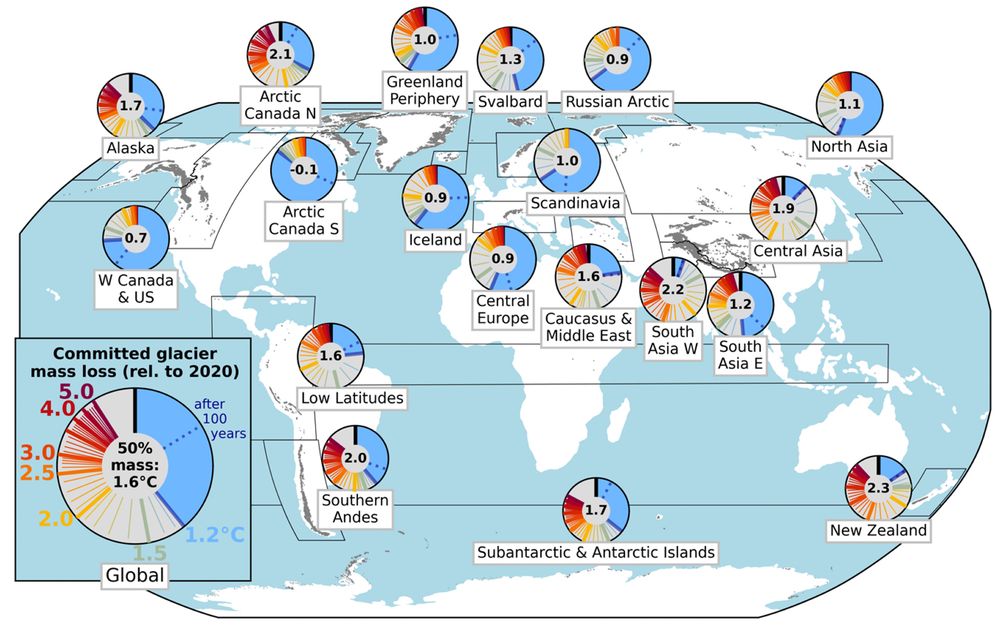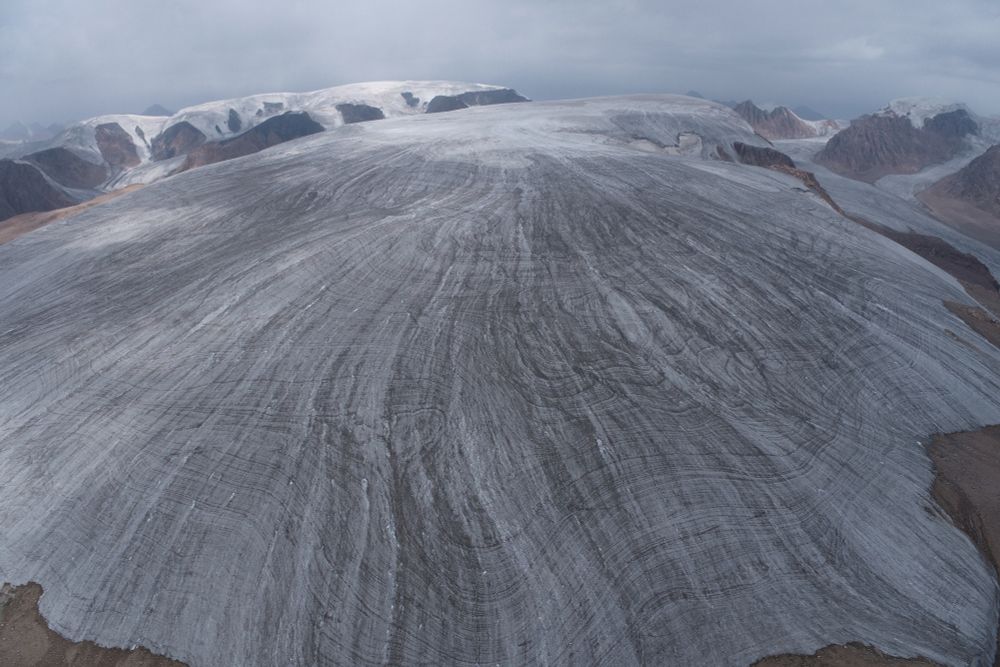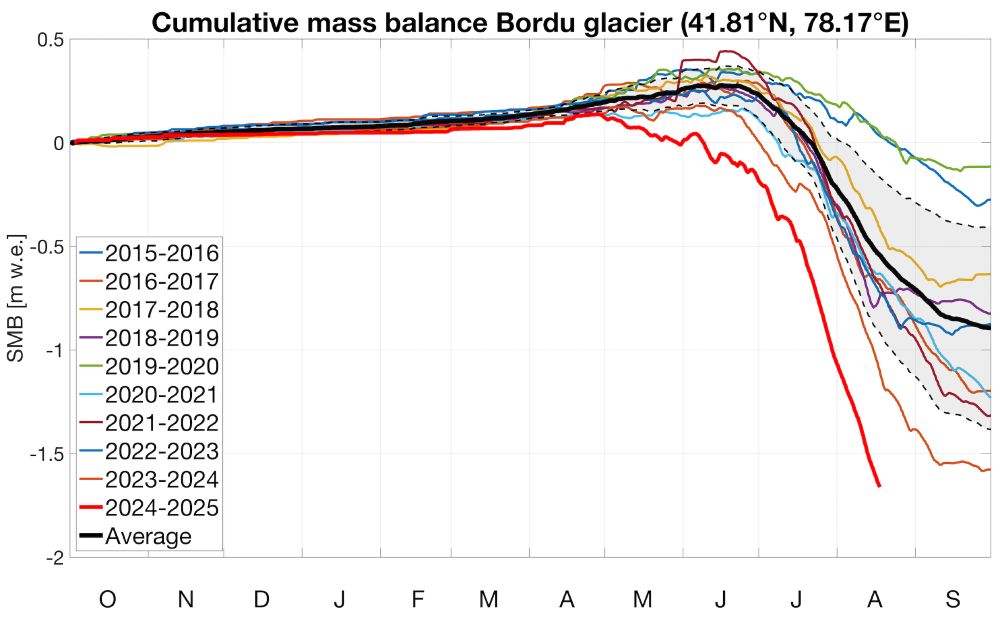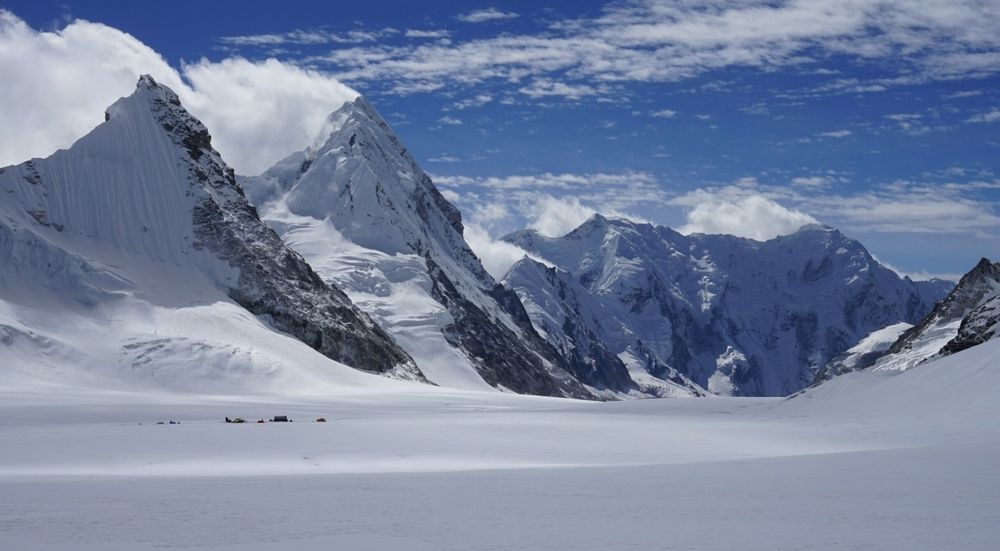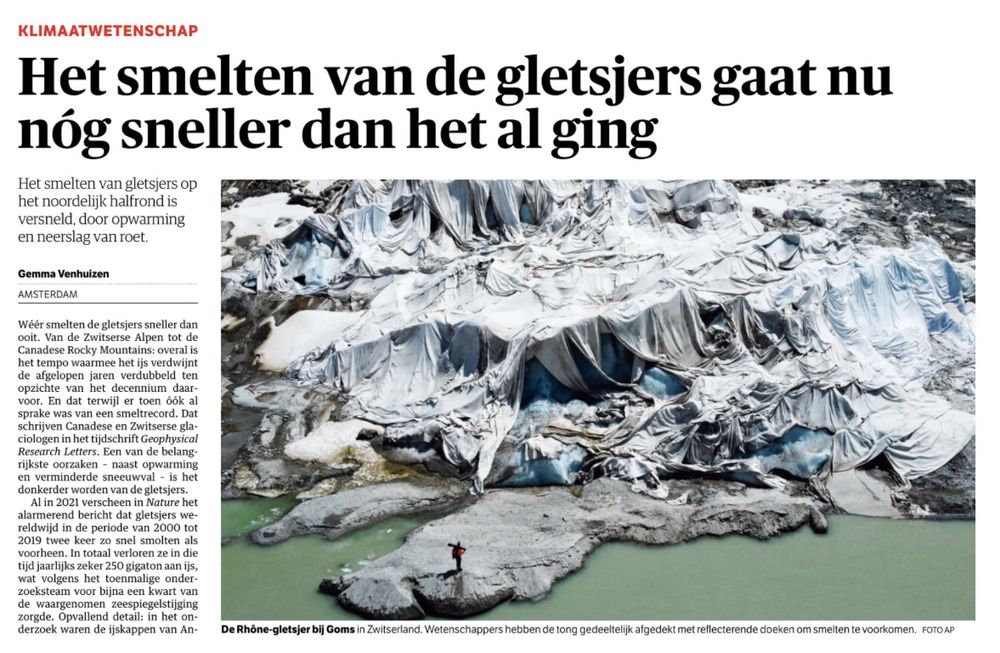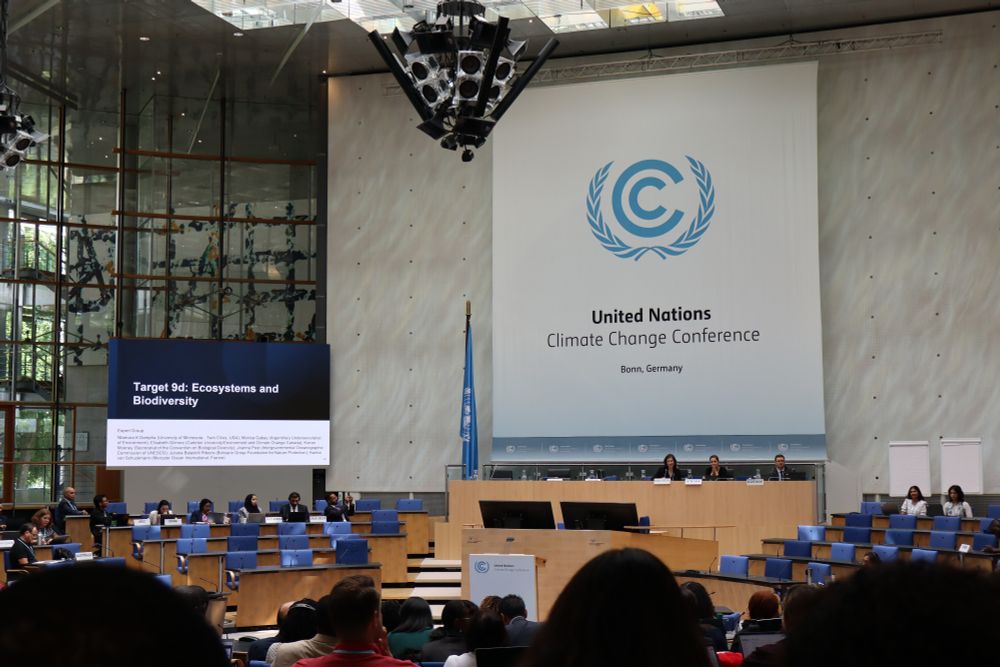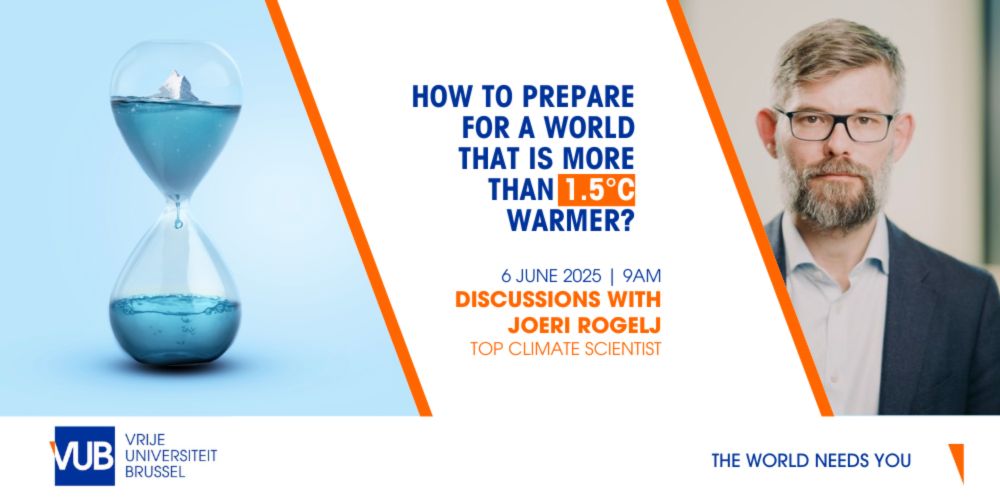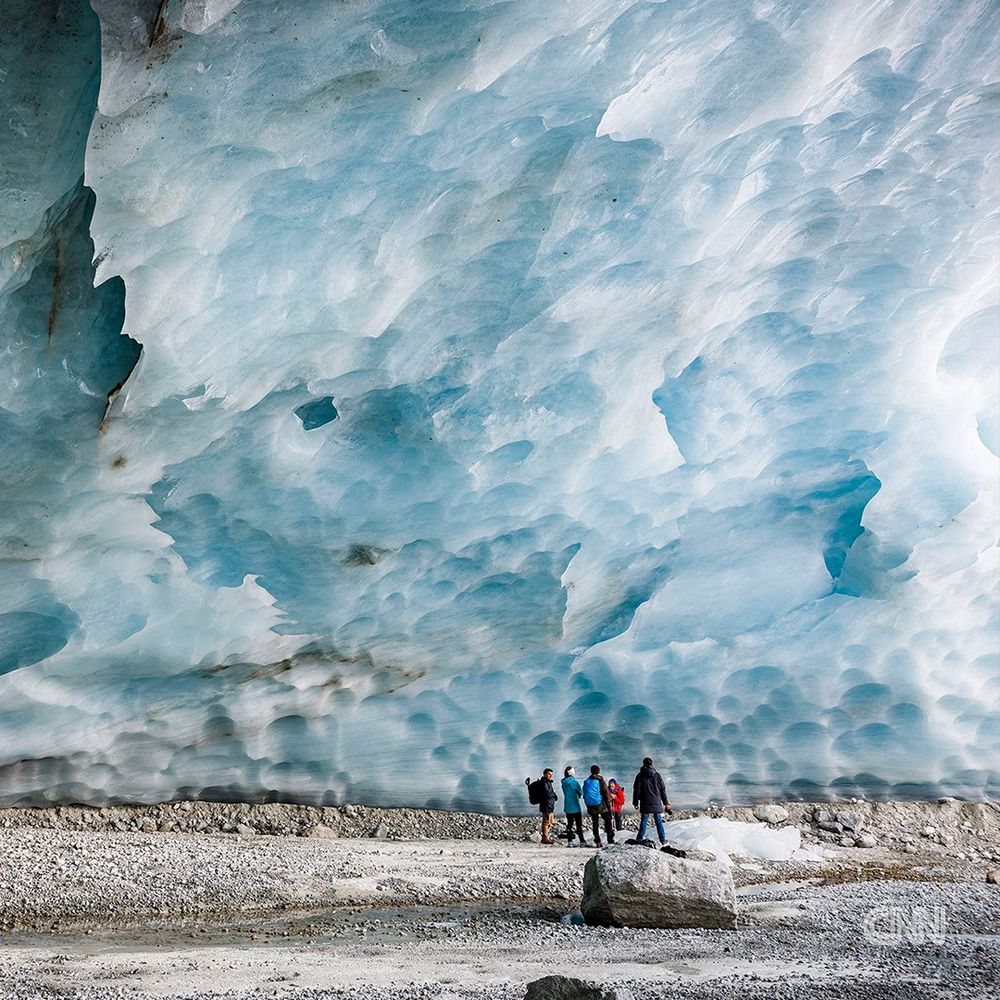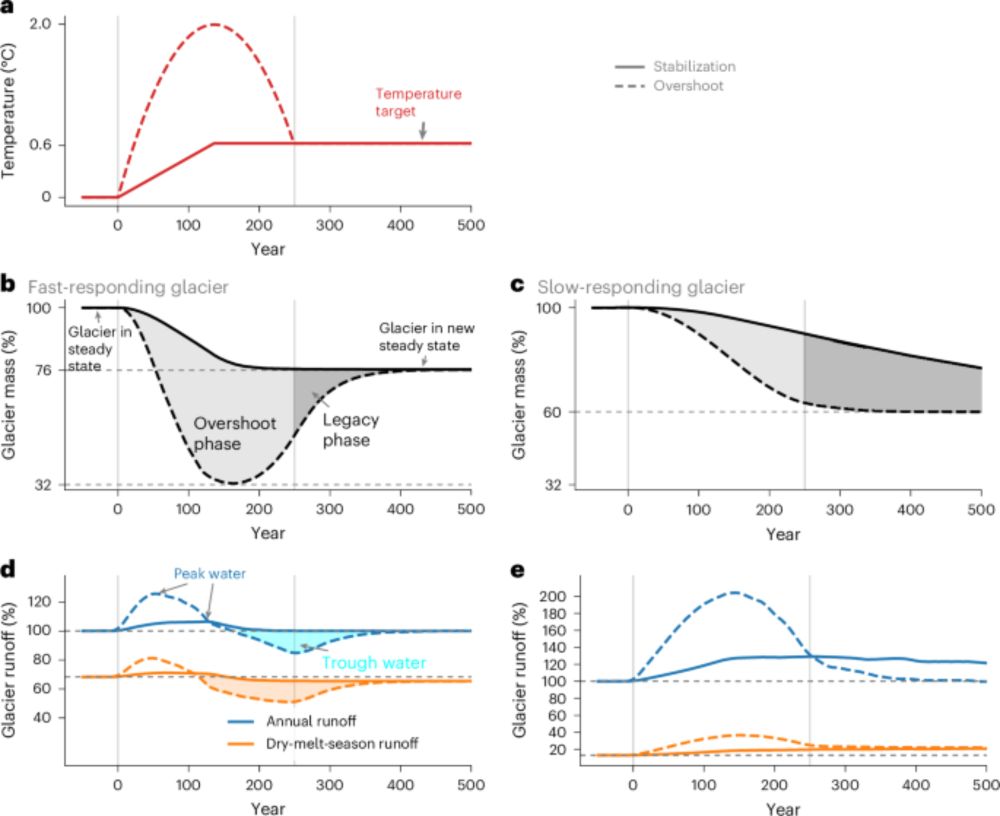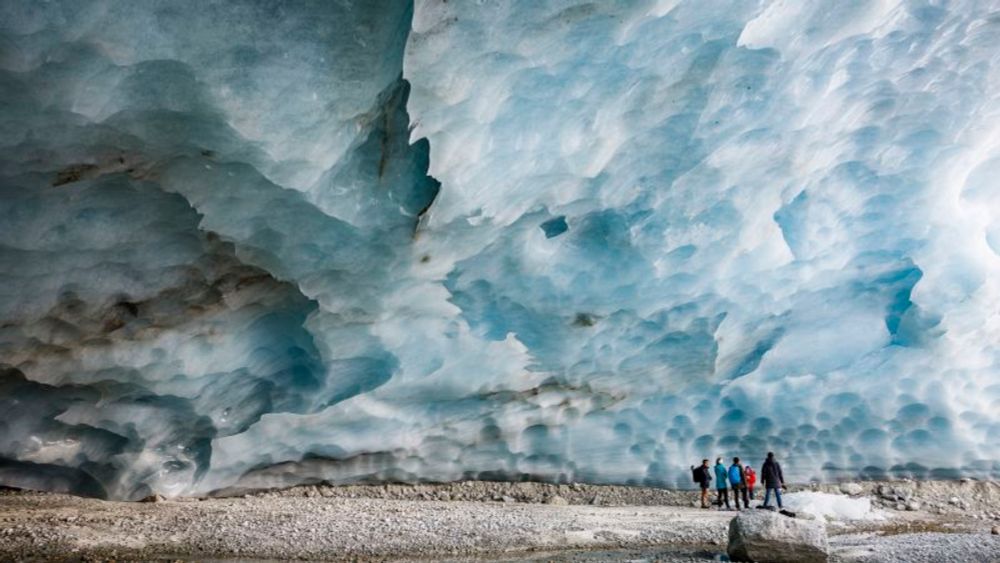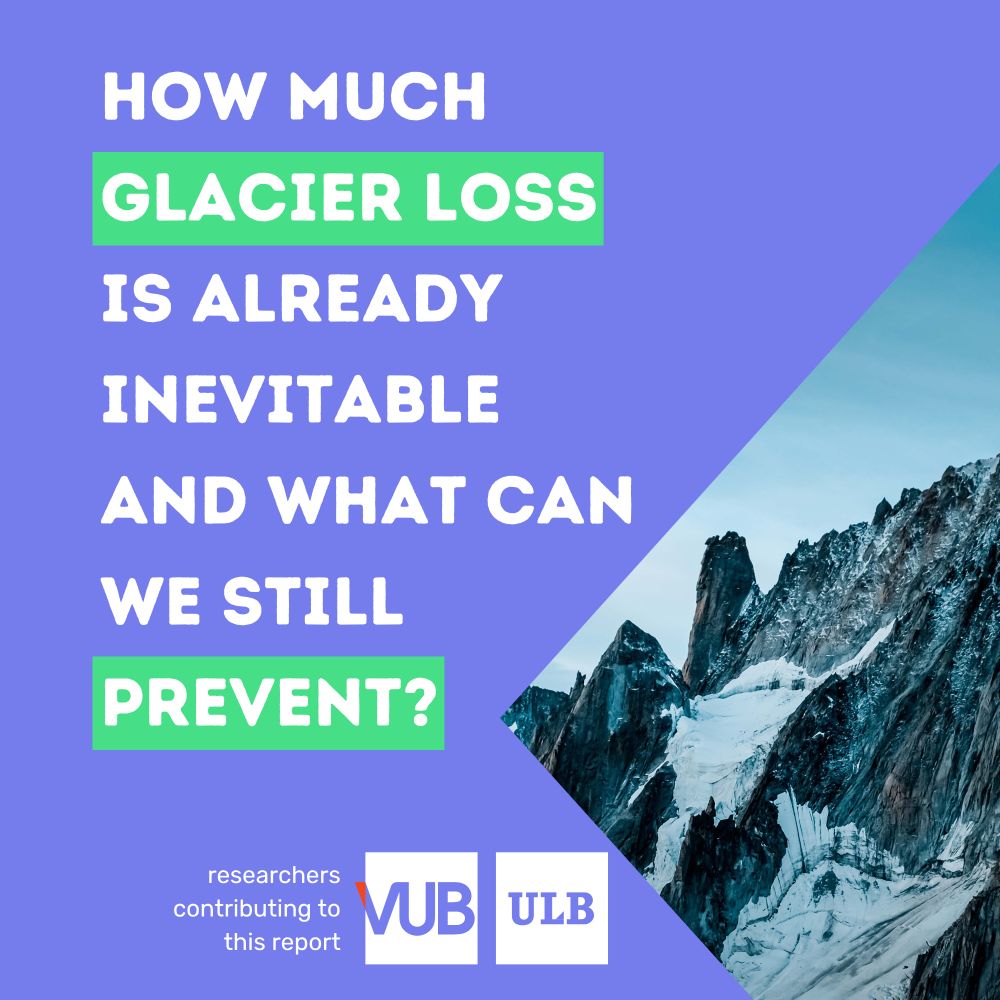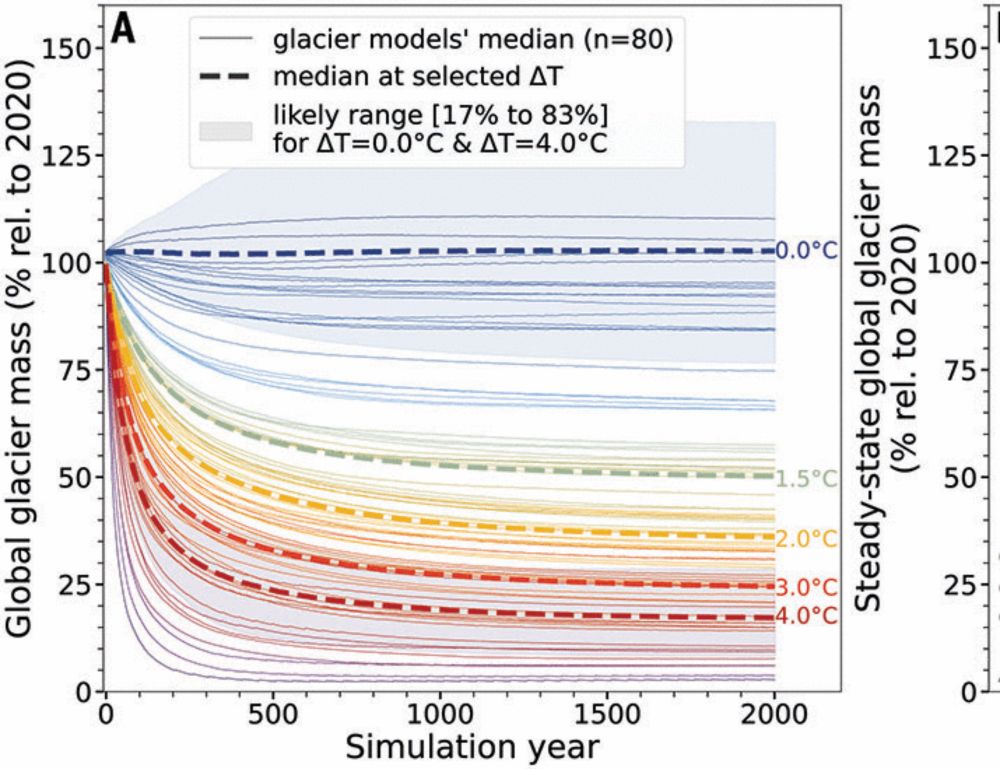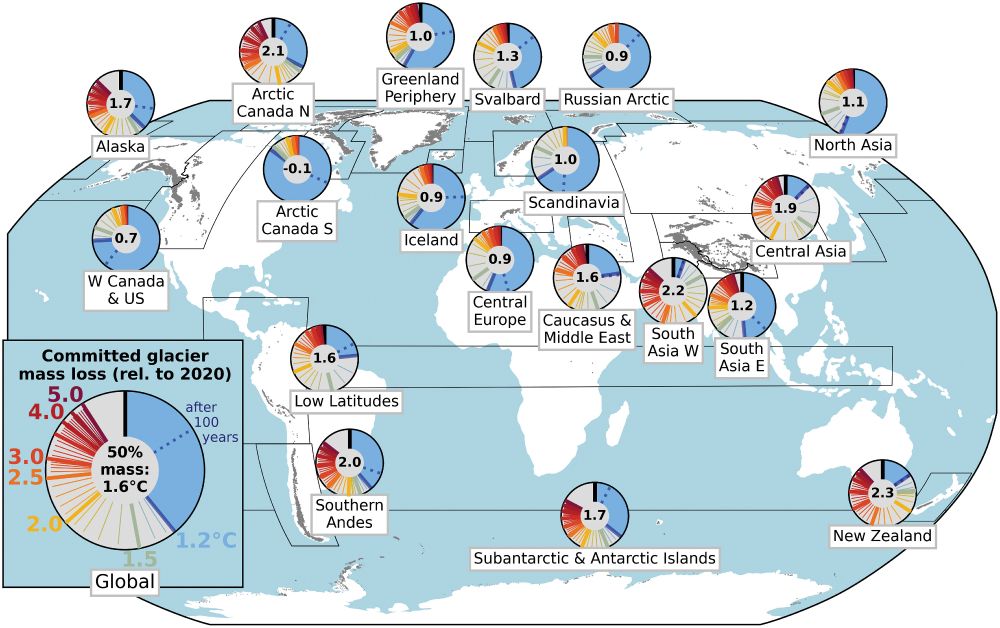Harry Zekollari
@harryzeko.bsky.social
470 followers
91 following
16 posts
Glaciologist - Associate professor at @vubrussel.bsky.social
Interested in glaciers, climate, hydrology, meteorites.
Previously at ETH Zurich, WSL Birmensdorf, TU Delft, and Université libre de Bruxelles.
Posts
Media
Videos
Starter Packs
Pinned
Reposted by Harry Zekollari
Reposted by Harry Zekollari
Reposted by Harry Zekollari
Reposted by Harry Zekollari
Reposted by Harry Zekollari
Reposted by Harry Zekollari
Reposted by Harry Zekollari
Reposted by Harry Zekollari
Reposted by Harry Zekollari
Reposted by Harry Zekollari
Bethan Davies
@iceybethan.bsky.social
· Aug 24

The Cryosphere in the IPCC AR7 Working Group I - AntarcticGlaciers.org
The IPCC Assessment Report 6 (AR6) Working Group I (WGI) had a strong focus on the Cryosphere, polar regions and glaciology. Chapter 9, “Ocean, Cryosphere and Sea Level Change” ensured a detailed anal...
www.antarcticglaciers.org
Reposted by Harry Zekollari
Lander Van Tricht
@landervt.bsky.social
· Aug 21

Modeling the Impact of Mining Activities on the Dynamics and Evolution of a Kyrgyz Glacier
The Davydov Glacier has been reduced by 160 million m3 and shortened by 2 km due to ice excavation for the Kumtor Gold Mine operations Davydov Glacier may briefly advance if mining stops, but cli...
agupubs.onlinelibrary.wiley.com
Reposted by Harry Zekollari
Reposted by Harry Zekollari
Reposted by Harry Zekollari
Reposted by Harry Zekollari
Reposted by Harry Zekollari
Reposted by Harry Zekollari
Reposted by Harry Zekollari
